Celia Ford is a freelance science journalist who writes about brains, biotech and whatever makes people think about thinking. She earned her Sc.B. in cognitive neuroscience from Brown University and her Ph.D. in neuroscience from the University of California, Berkeley. She was a 2022 early-career science writing fellow at The Open Notebook and a 2023 AAAS mass media fellow at Wired. Celia is based in Berkeley, California.

Celia Ford
Freelance writer
From this contributor
Glow-in-the-dark labels accelerate AI-assisted animal motion tracking
The labeling technique trains machine-learning algorithms with larger datasets and less effort than ever before.
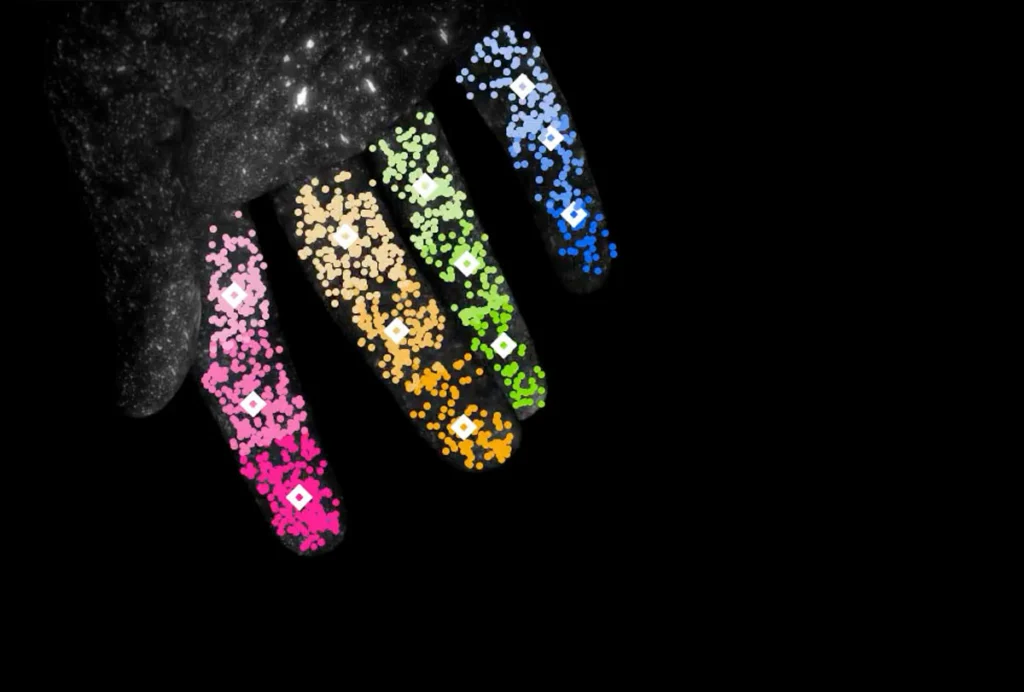
Glow-in-the-dark labels accelerate AI-assisted animal motion tracking
Method pinpoints cell-specific effects of autism-linked mutations
The approach, which combines CRISPR with single-cell analyses of organoids, suggests that intermediate progenitor cells are especially vulnerable to mutations associated with autism.
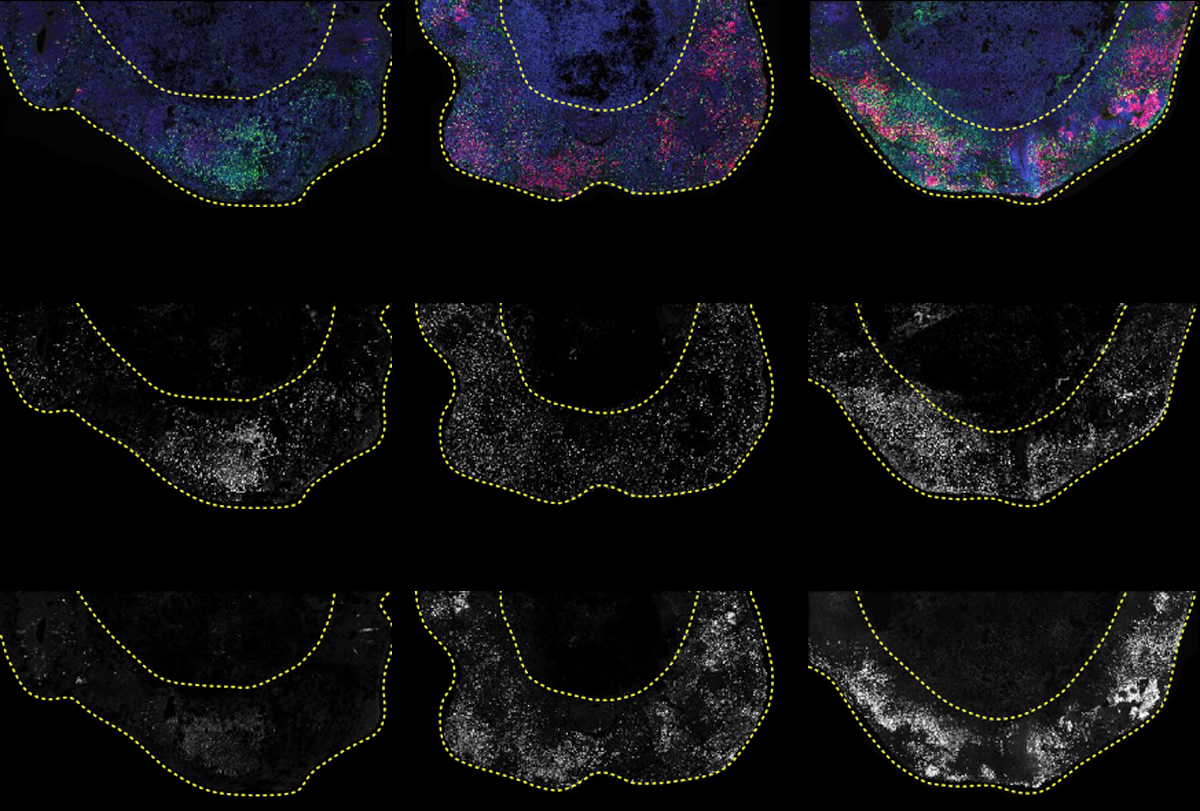
Method pinpoints cell-specific effects of autism-linked mutations
‘Social touch’ responses in mice gauged with unprecedented control
A new tool could help decipher the brain circuits underlying aversion to social touch, which is common in people with autism.
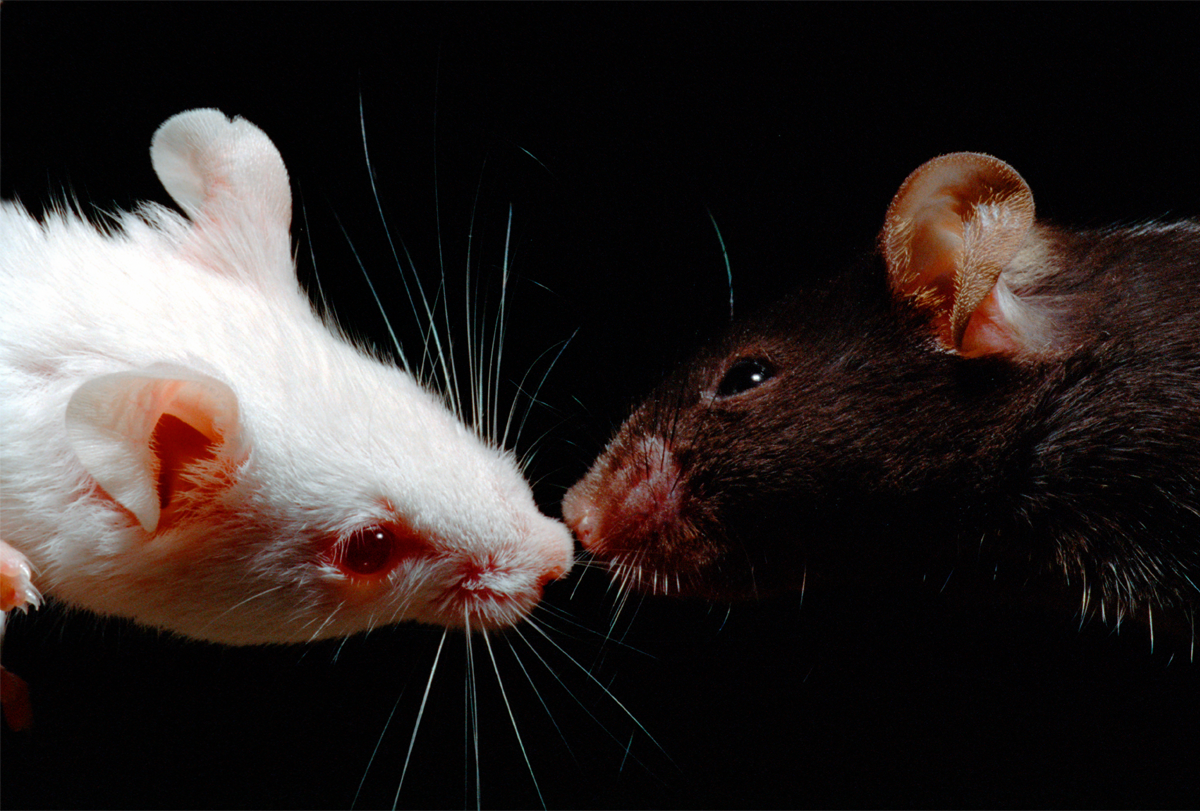
‘Social touch’ responses in mice gauged with unprecedented control
Explore more from The Transmitter
Hessameddin Akhlaghpour outlines how RNA may implement universal computation
Could the brain’s computational abilities extend beyond neural networks to molecular mechanisms? Akhlaghpour describes how natural universal computation may have evolved via RNA mechanisms.
Hessameddin Akhlaghpour outlines how RNA may implement universal computation
Could the brain’s computational abilities extend beyond neural networks to molecular mechanisms? Akhlaghpour describes how natural universal computation may have evolved via RNA mechanisms.
Immune cell interlopers breach—and repair—brain barrier in mice
The choroid plexus, the protective network of blood vessels and epithelial cells that line the brain’s ventricles, recruits neutrophils and macrophages during inflammation, a new study shows.
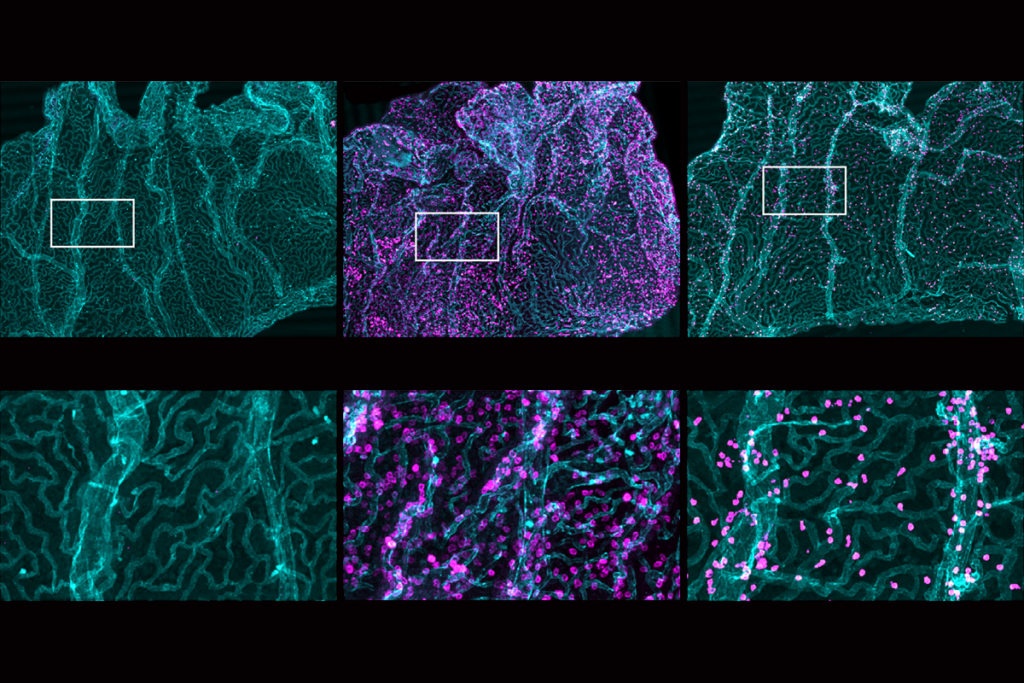
Immune cell interlopers breach—and repair—brain barrier in mice
The choroid plexus, the protective network of blood vessels and epithelial cells that line the brain’s ventricles, recruits neutrophils and macrophages during inflammation, a new study shows.
Are brains and AI converging?—an excerpt from ‘ChatGPT and the Future of AI: The Deep Language Revolution’
In his new book, to be published next week, computational neuroscience pioneer Terrence Sejnowski tackles debates about AI’s capacity to mirror cognitive processes.
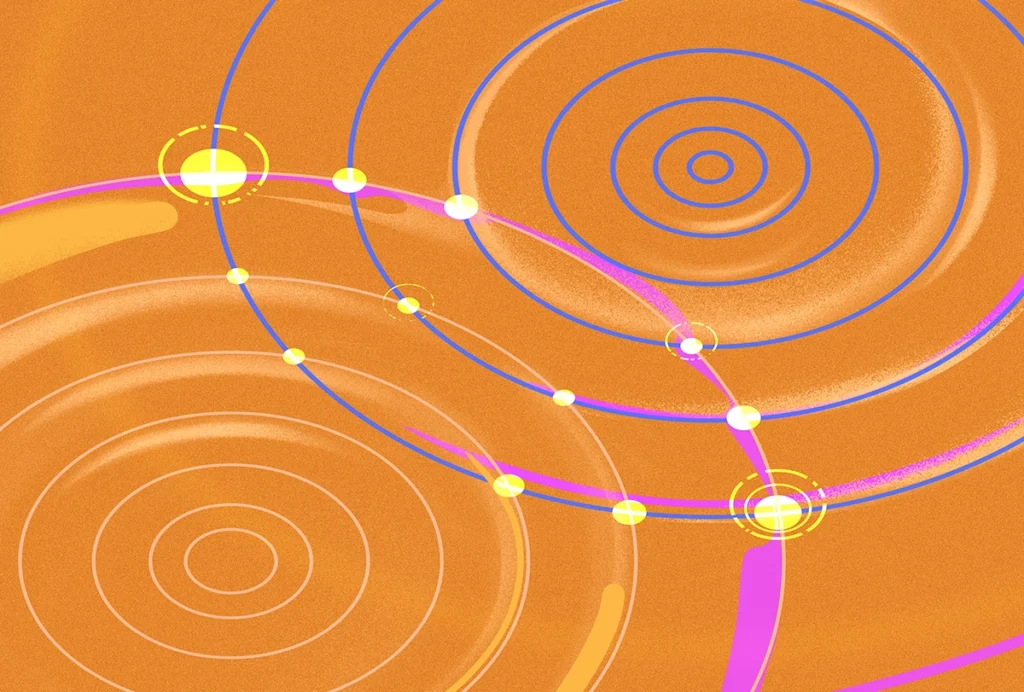
Are brains and AI converging?—an excerpt from ‘ChatGPT and the Future of AI: The Deep Language Revolution’
In his new book, to be published next week, computational neuroscience pioneer Terrence Sejnowski tackles debates about AI’s capacity to mirror cognitive processes.